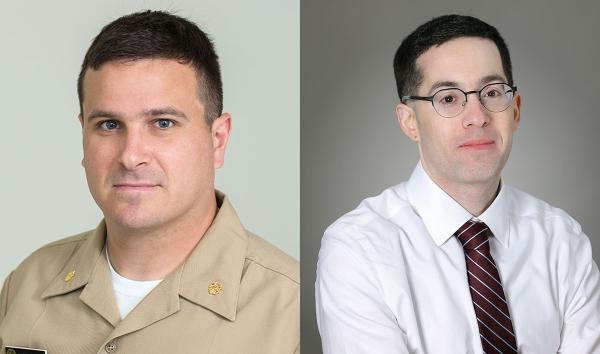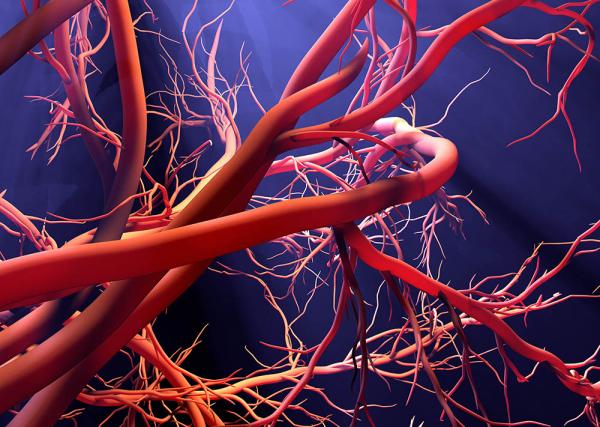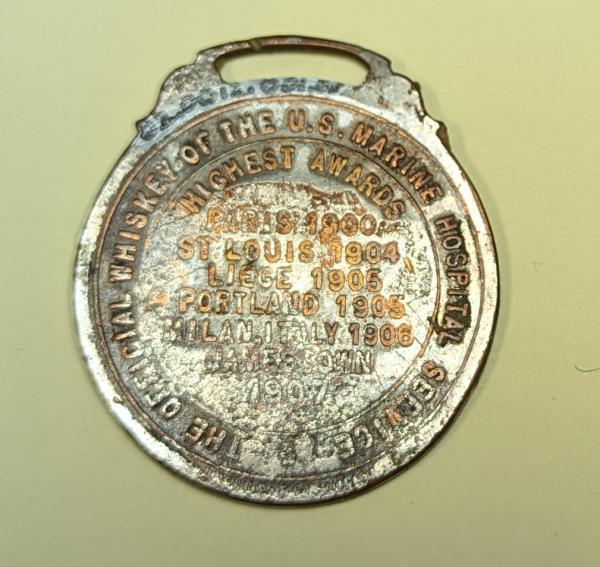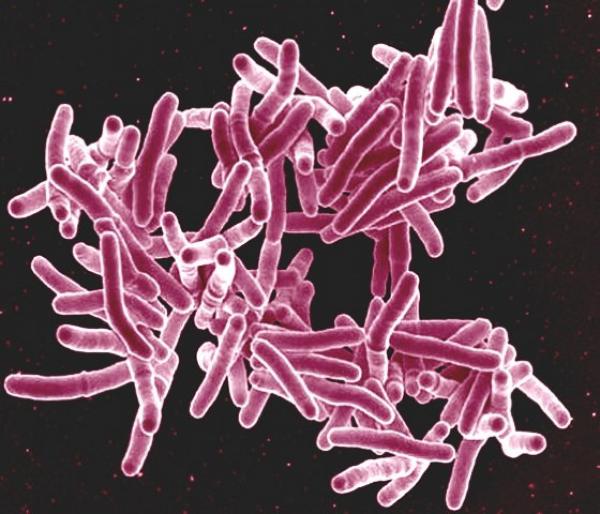Highlighting NIH’s Newest Lasker Scholars
IRP Program Enhances Research Capabilities of Talented Doctors
Just like many important scientific breakthroughs require the expertise of scientists specializing in multiple disciplines, developing new medical treatments requires both laboratory-based investigations into the nitty-gritty details of biology and clinical studies involving patients. In recognition of that fact, the IRP’s Lasker Clinical Research Scholars Program provides incredible support and resources to researchers who conduct both types of studies.
Over the past year, two more doctors have joined the prestigious pantheon of Lasker Scholars at NIH: one pursuing treatments for patients struck by potentially lethal infections and the other aiming to head off dangerous skin cancers before they become life-threatening. Read on to learn about the important research they are pursuing with the winds of the Lasker Program at their backs.










